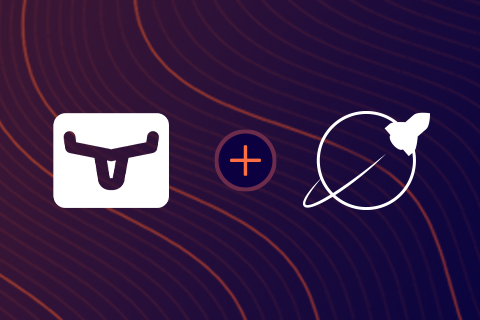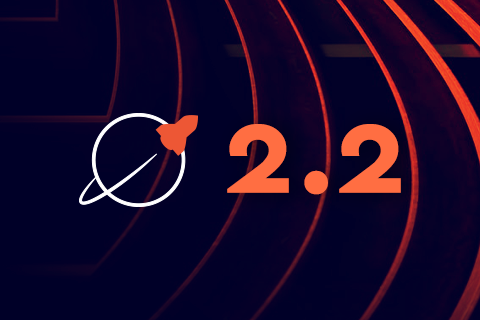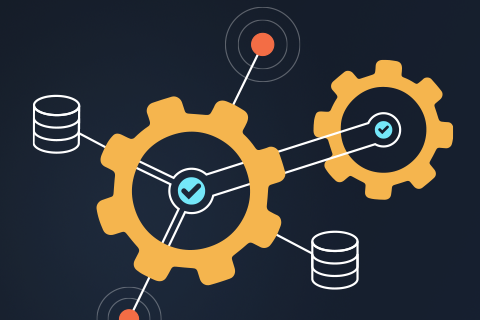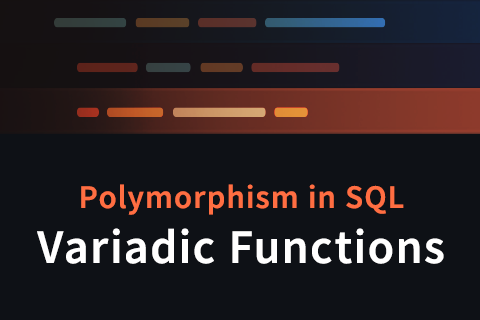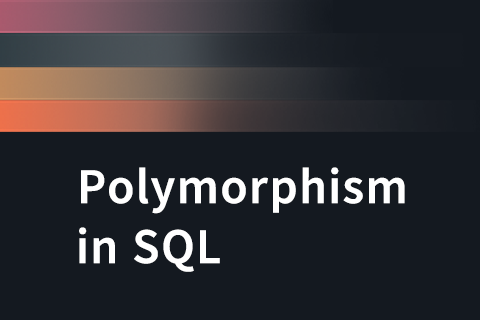Distributed SQL Tips and Tricks for PostgreSQL and Oracle DBAs – July 24, 2020
Welcome to this week’s tips and tricks blog where we explore both beginner and advanced YugabyteDB topics for PostgreSQL and Oracle DBAs. First things first, for those of you who might be new to either distributed SQL or YugabyteDB.
What is Distributed SQL?
Distributed SQL databases are becoming popular with organizations interested in moving data infrastructure to the cloud or cloud native environments. This is often motivated by the desire to reduce TCO or move away from the horizontal scaling limitations of monolithic RDBMS like Oracle,
…


